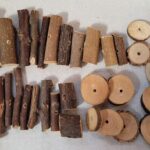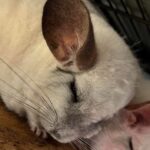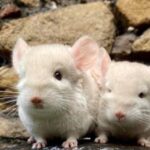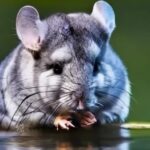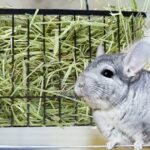Chinchilla pellets need to meet as much as possible chinchillas nutritional requirements. Chinchilla Pellets must be very high in fiber and in protein to meet their nutritional and digestive needs. Chinchilla pellets should almost contain not fats, oils and sugar. They must be quite rich in vitamins. Nutritional values can vary between brand names and you should read carefully their package or online information. Chinchilla pellets should contain fiber as the highest nutritional percentage, at least 14% and preferably more than 16% and protein look for 16-20%. Protein should be no more than 20% because it may cause soft and mushy faeces and also gastrointestinal problems. Chinchilla pellets also must be alfalfa-based with extra vitamins and minerals added. Remember chinchilla is strictly vegetarian and nothing like animal ingredients should ever be present.
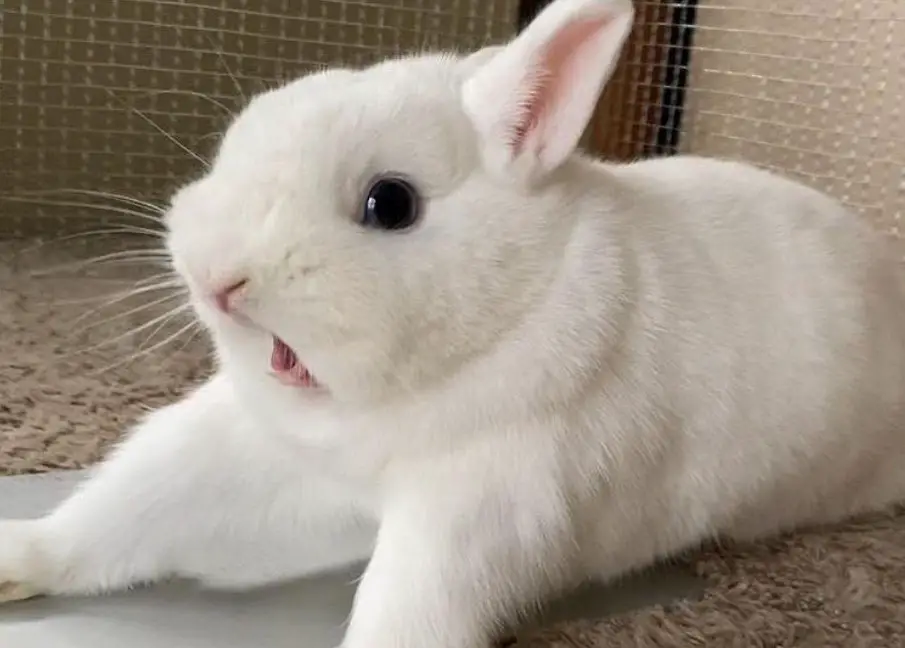
Chinchilla pellets should not be replaced with food made for other animal species such as rabbit or guinea pig. Many owners prefer to buy various pellet brands and mix them or they buy cocktail food (food that contains many treats, seeds, corn, dried fruit etc.) because they believe that chinchilla will not eat just pellets or they have difficulties to find a good pellet brand. Chinchillas are “goodies” and selective eaters so they will eat the interesting for them items, leaving most times the pellets, and this lead to a poor and full of fats and sugar diet causing serious digestive distress and other health issues like malnutrition and bloat. If you use mixed food you learn your chin to be “selective feeder”. Try to find a good brand of pellets as they considered being the best type of food concentrate.
What Fruits Can Chinchillas Eat
Chinchillas generally consume approximately 2 tablespoons of pellets a day. Chinchillas are not prone to overeating, but for freshness, it is a good idea to feed a small amount of pellets at a time. Chinchillas like routine and relax to it so try to feed them around the same time each day. Refresh their hay and water every day. To maintain the freshness of the feed, store your chinchilla’s pellets in a cool, dry environment with no exposure to dampness, direct sunlight and in covered containers.
